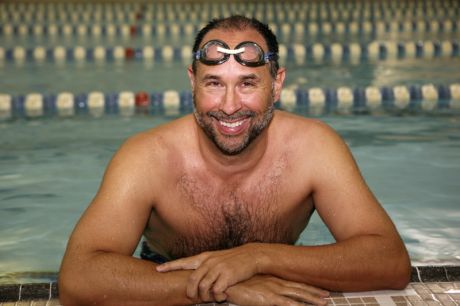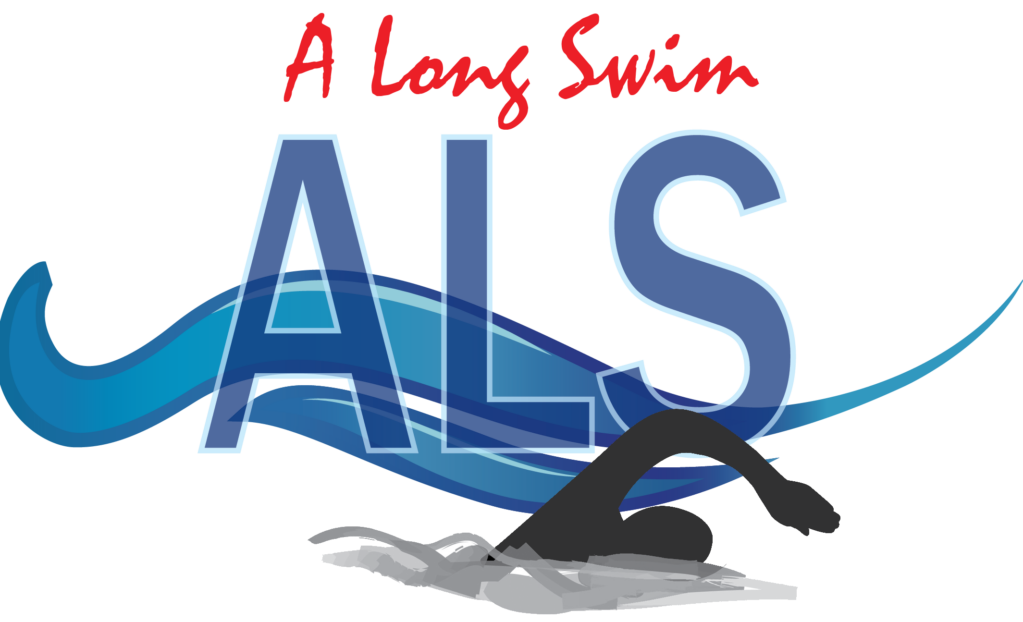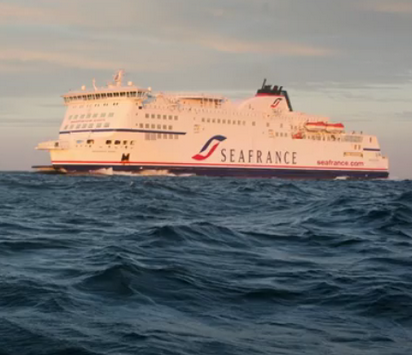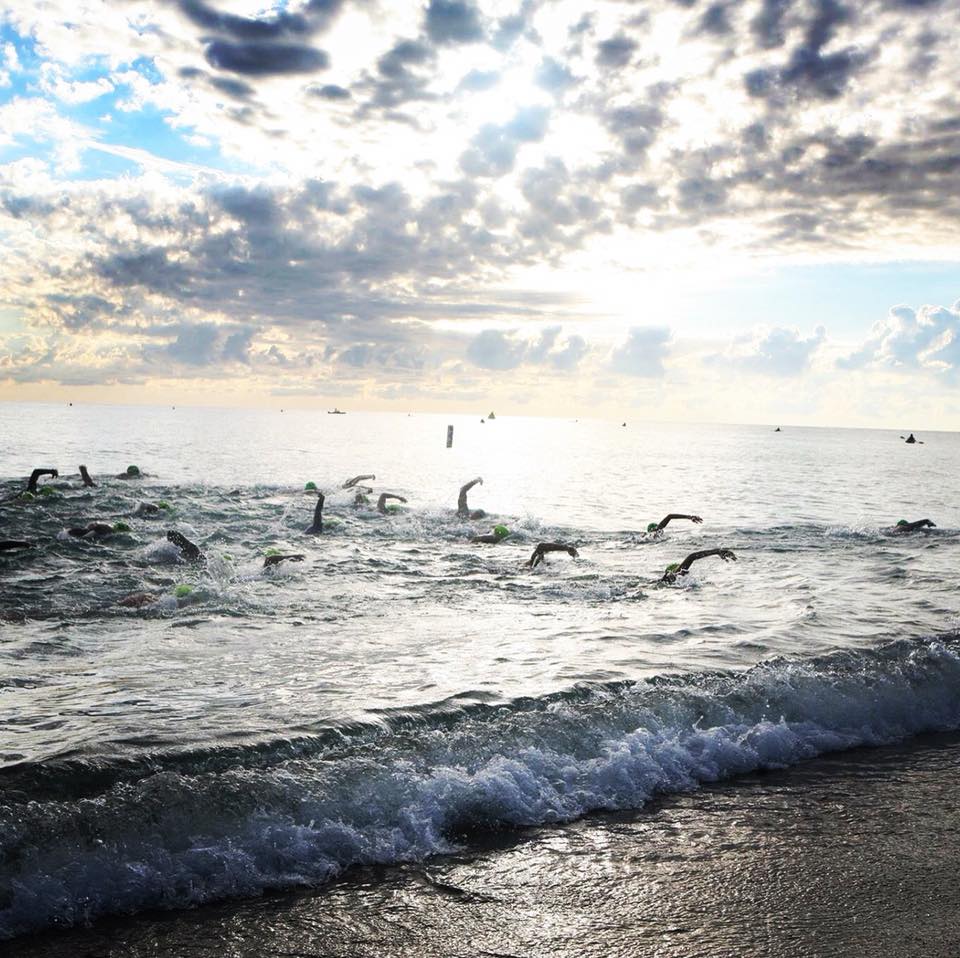Open Water Training for 2 Years
We have trained at a pretty high level for two years, though my spinal surgery in early 2010 forced me to re-start the training in April of that year. For 16 months, then, I have been swimming between 25,000 and 45,000 yards per week (roughly 15 – 25 miles) and I am tired. During that time, we have completed any number of longer swims of eight to 24 miles without a meaningful rest, which has added to the fatigue factor.
As fatigue builds, it is manifested in predictable ways. In addition to just feeling tired all the time, there is a chronic soreness and deep ache (particularly in the shoulders) that just becomes a part of you. You wake up with it in the morning and you are aware of it all day long. You really feel the ache when you get in the water, knowing that it will take a 1,000 yards or more just to warm up and shake through the soreness (“sand in the shoulders” is the way I describe it) to move into a productive workout which, ironically, leads to more shoulder soreness. It wears you down.
There have been some interesting byproducts of all that training; between the swimming and dryland exercises, and Susan’s commitment to serve top-quality meals, I am healthier than I have been in years:
- I have avoided serious shoulder injuries
- I have lost probably 25 pounds, and am able to enjoy ice cream almost every evening
- My clothes don’t fit like they used to
- My resting heart rate is 46 beats per minute
- I sleep like a baby
- My hair (what is left of it) and fingernails grow like crazy
Swimming is a unique sport in that long periods of training, often and entire season, are focused on a single meet or event. The training is grueling, and most of the season is spent being tired. The theory is that a long period of time of extreme fatigue can be followed by a rest that will lead to top performance for a short period of time. The resting process is called a “taper,” in which the work load tapers off as the swimmers’ muscles heal, repair and get stronger. Tapering is an art, not a science.
Tapering Feels Horrible
 The early part of a taper feels horrible. My college coach, Don Sammons, always said that it was because your body was going through another transition, and that coming down from an extended period of intense work was as difficult as the buildup was at the beginning of the season. As you move through the taper process, however, you begin to feel stronger and “powerful beyond measure,” as Don would call it. One of the most curious feelings during that period is an illusion, where your new-found strength makes it feel like you are actually swimming downhill.
The early part of a taper feels horrible. My college coach, Don Sammons, always said that it was because your body was going through another transition, and that coming down from an extended period of intense work was as difficult as the buildup was at the beginning of the season. As you move through the taper process, however, you begin to feel stronger and “powerful beyond measure,” as Don would call it. One of the most curious feelings during that period is an illusion, where your new-found strength makes it feel like you are actually swimming downhill.
It is safe to say that I have never had a swimming season that lasted 16 months, and I have never looked forward to a taper more than this one. My last longer swim was about 10 days ago, when I swam the length of Lake Geneva, Wisconsin (eight or nine miles). I viewed the finish of the Lake Geneva swim as the beginning of my taper.
And so, our hard training is done. We are really winding down. I am at the point in my taper where I am happily moving past the early “feeling crappy” part, and will begin to feel the exhilaration that comes along with the latter stages of it. I am just excited to feel like I am swimming downhill again, because then I will know that these long months of training has paid off.
We leave for England in two days. We still don’t know when the Channel swim will take place; it seems that the waiting for the weather is another little test that the Channel puts us through. When that day arrives sometime in the next week and a half, though, I am going to be tapered, rested and ready. If I don’t make it to France, it won’t be because of lack of preparation.
All I can hope for is that my boat pilot, Mike Oram, picks a day that the Channel can be swum. If I can have that much, I know I can swim to the other side. I can’t wait to start.
For months, I have closed these blog entries by inviting you to meet me at the pool, the pier or the beach. The invitation still holds, but now the beach will be in Dover. Meet me there, and we will go on A Long Swim of a lifetime.
I will report back.



